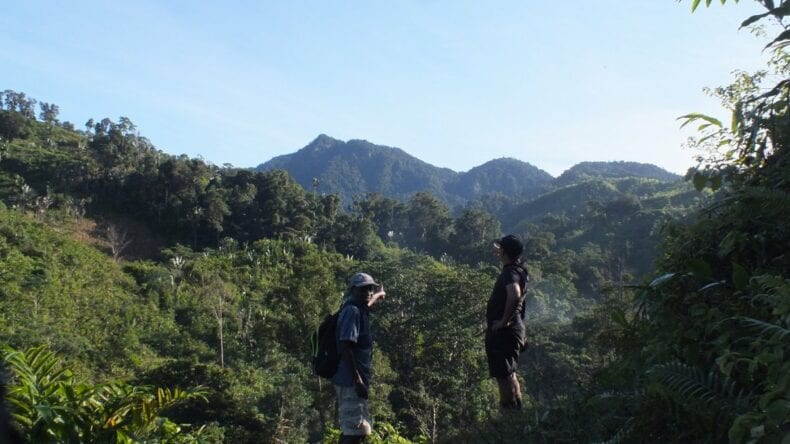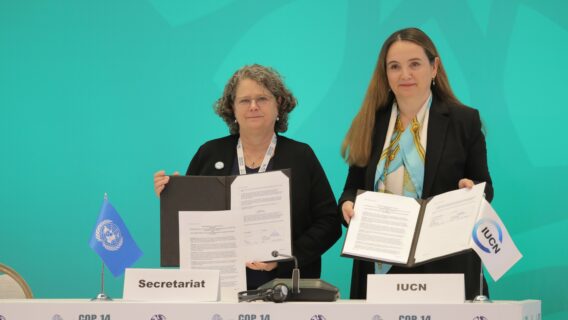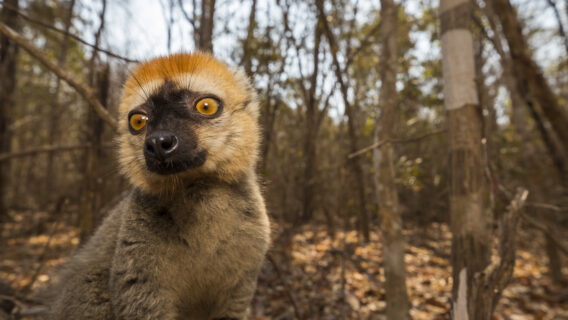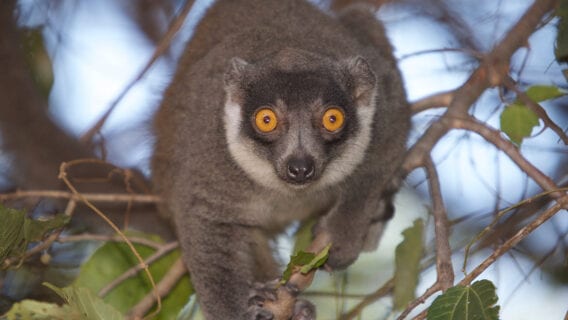Community-Based Conservation for Critically Endangered Lemurs in Madagascar

The health emergency in which Madagascar currently finds itself in has not improved the situation for the forest’s biodiversity. However, thanks to funds from IUCN Save Our Species, we were still able to continue with our conservation activities and research, though they were affected by travel restrictions.
Despite the lockdown, local community associations (also known as VOIs) have tirelessly been working on their reforestation projects:
- 3’609 trees in 8 tree nurseries are now ready for reforestation
- 2’743 saplings were planted by 5 different VOIs and their Rangers
Each VOI has a target of reforesting 5 hectares per year, which is around 10’000 hectares in total. However, due to lack of assistance to the VOIs, this goal might sadly not be reached this year.
Awareness raising activities were also affected by the measures take to prevent the spread of coronavirus. This is why 20 information panels were placed in and outside the 12 core conservation areas within the Andriantantely forest. They supply the local community important information on fires, slash-and-burn agricultural practices, hunting and illegal logging. Given that on many occasions it was not possible to travel to the field during the lockdown, we have instead intensified the capacity building of various executive board members of each VOI. The have been trained on law matters relating to forest and threatened species, the need to enforce it, and how to do so.
Members of the VOI Dimbiazan-jafy have also been able to benefit from trainings on how to grow and distribute ginger seeds, while the VOI Ainga Vao have been trained on how to grow beans and cloves.
Thanks to the commitment of the local community to conservation and their enforcement of the law, and in collaboration with local authorities, three people were arrested for clearing the forest at Maromiafatatra. They each have been sentenced to pay a fine of 300’000 MGA and to plant 1,500 trees within the reforestation area of the VOI Tambatra.
This project is co funded by IUCN Save Our Species. The contents of this article are the sole responsibility of The Aspinall Foundation and do not necessarily reflect the views of IUCN.





